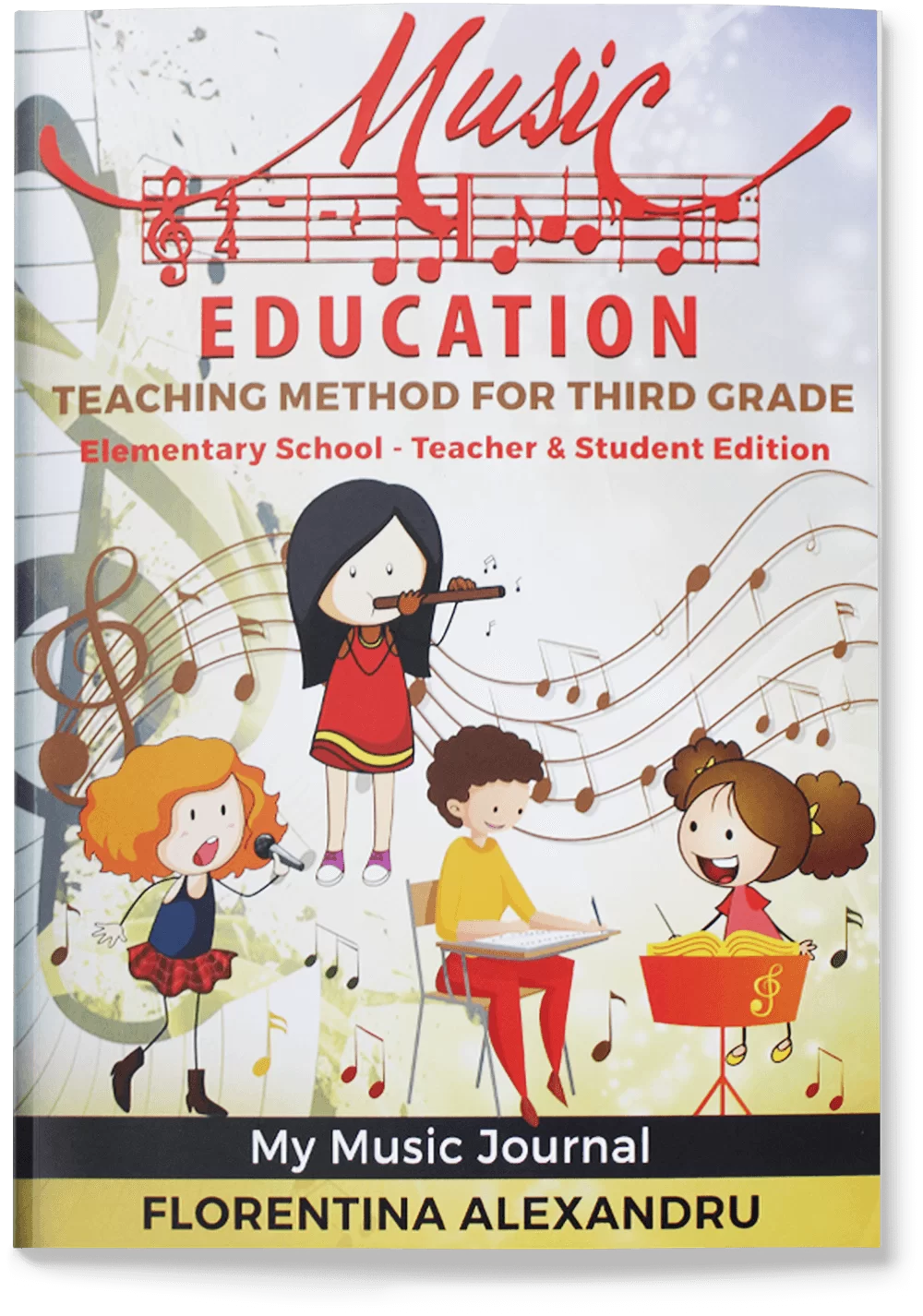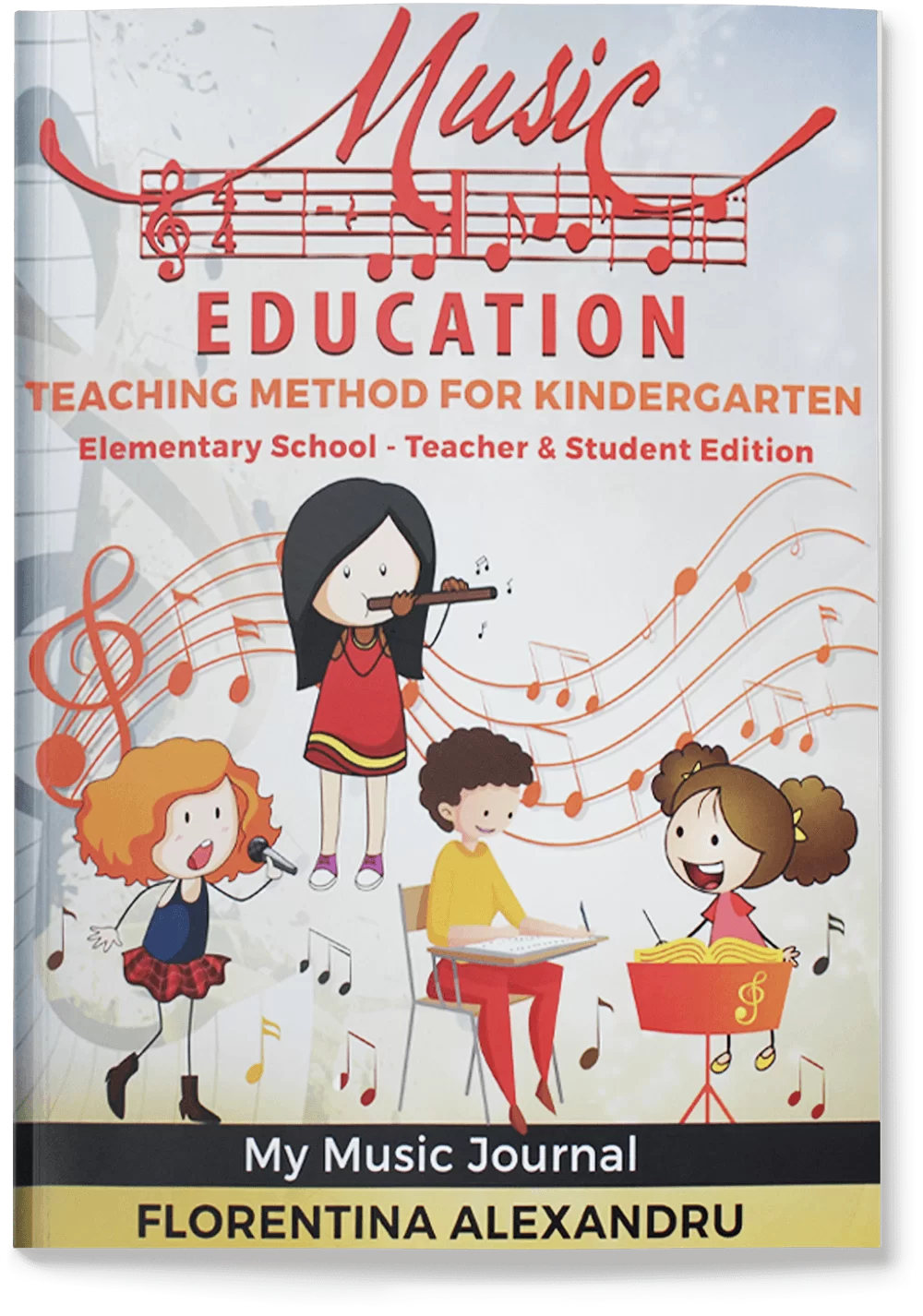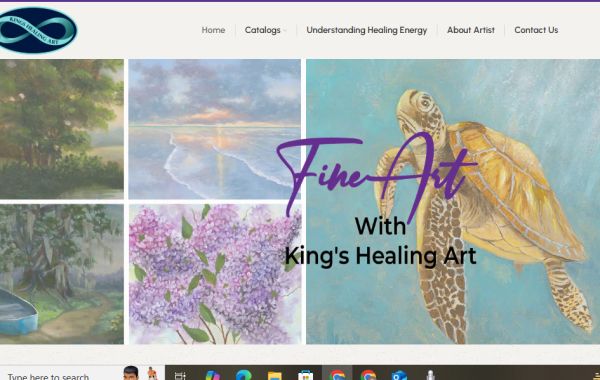As a music educator, crafting an engaging and educational music lesson plan is essential for the success of your students. A well-structured lesson plan not only helps in maintaining order in the classroom but also allows students to learn efficiently, while developing a deep appreciation for music. Whether you're teaching beginners or advanced students, the foundation of any great music class lies in having the right tools. Music resources are vital in shaping the direction of each lesson and ensuring that every student can grasp concepts at their own pace.
In this blog, we'll explore how to develop a comprehensive music lesson plan and discuss the importance of using quality music resources to enhance your students' learning experience.
Understanding the Importance of a Well-Structured Music Lesson Plan
A music lesson plan is more than just a simple outline of activities. It is a detailed guide that dictates how the lesson will proceed, what students are expected to learn, and how the teacher will facilitate this learning. When creating a lesson plan for a music class, it’s crucial to focus on several key components:

Objective Setting – What do you want your students to achieve by the end of the lesson? Whether it’s mastering a particular instrument, understanding a new music theory concept, or learning a specific musical piece, setting clear objectives will give your lesson direction.
Lesson Structure – A structured lesson that incorporates various stages like warm-ups, practice exercises, theory discussions, and performance opportunities helps keep students engaged. The use of music resources can add variety to these segments, offering everything from sheet music to educational apps that assist with music theory.
Assessment Feedback – It's important to evaluate your students' understanding at the end of the lesson. Whether through a performance, a quick quiz, or a group activity, giving feedback based on the assessment is crucial in helping them improve.
Selecting the Right Music Resources
Effective music resources play an essential role in the success of any music lesson plan. These resources can range from physical materials like books and sheet music, to digital tools like music apps and online databases. Here are a few music resources that can enhance your music lessons:
Sheet Music Musical Scores – Sheet music is a fundamental resource for any music lesson. Depending on the level of your students, providing them with the right pieces to practice and analyze will ensure they develop both their sight-reading and performance skills. Many teachers rely on music resources that offer a variety of classical, jazz, and contemporary sheet music to cater to all tastes and levels.

Music Theory Worksheets – Incorporating music theory into your lesson plan is a crucial part of developing well-rounded musicians. Worksheets on scales, chords, time signatures, and key signatures can be invaluable for reinforcing concepts taught in the classroom.
Online Learning Platforms and Apps – In the modern age, digital music resources are becoming more and more indispensable. Music learning apps like ear training programs, metronomes, and music notation software provide instant feedback and self-paced learning, which can be highly beneficial for students.
Recording Equipment – Allowing students to record their performances can be a useful tool for both learning and assessment. These recordings can be used to track progress over time and provide an excellent opportunity for self-reflection.
Integrating Technology into Your Music Lesson Plan
With the advancement of technology, music lesson plans have evolved to incorporate innovative tools that make learning more interactive. The internet has brought a wide array of music resources that can greatly benefit your students. For example, interactive websites and YouTube channels dedicated to music tutorials offer supplementary learning materials that can help explain complex music concepts in simple ways. Some platforms also provide free sheet music, tutorials, and interactive quizzes that reinforce what is taught in the classroom.
Incorporating online resources into your music lesson plan also promotes independent learning. Students can take ownership of their musical education by accessing tutorials, practice tracks, and even collaborating with other learners across the globe. This flexibility enhances their musical knowledge and gives them the tools to advance on their own outside of class hours.
Customizing Your Music Lesson Plan for Different Levels
One of the key aspects of a successful music lesson plan is tailoring it to the specific needs and skill levels of your students. Beginners might require a more basic and structured approach, while advanced students may need more challenging exercises and repertoire. Having access to a variety of music resources allows you to personalize the lesson plan for each student. For instance, younger learners might benefit from fun, colorful music flashcards, while advanced students could utilize music theory books that explain complex concepts in detail.
By selecting appropriate music resources that align with your students’ skills and interests, you ensure that the material remains engaging and educational. These resources can be both traditional and digital—enabling you to teach concepts like rhythm, melody, harmony, and music history in diverse ways.
Bringing it All Together with Mymusicjournal
At mymusicjournal, we understand how important it is to have a reliable and organized way to plan your music lessons. Our platform offers a wealth of music resources that can help you create the most effective and engaging lesson plans for your students. Whether you're looking for sheet music, theory exercises, or digital tools to enhance your teaching, we provide everything you need to create an enriching learning environment.
To ensure that your music lessons are as effective as possible, make sure your music lesson plan is clear, concise, and well-supported by the right music resources. By leveraging the best tools, you can inspire your students to develop a love for music and reach their full potential as musicians.
In conclusion, a strong music lesson plan paired with quality music resources can make a significant difference in your students' learning experience. With the right combination of structure, technology, and educational tools, you'll be able to foster a more interactive, dynamic, and engaging classroom.







